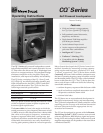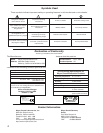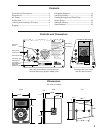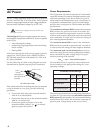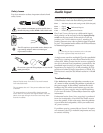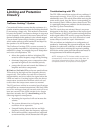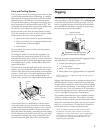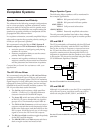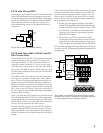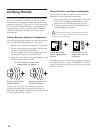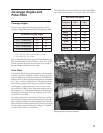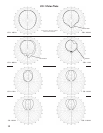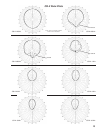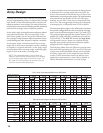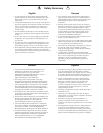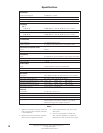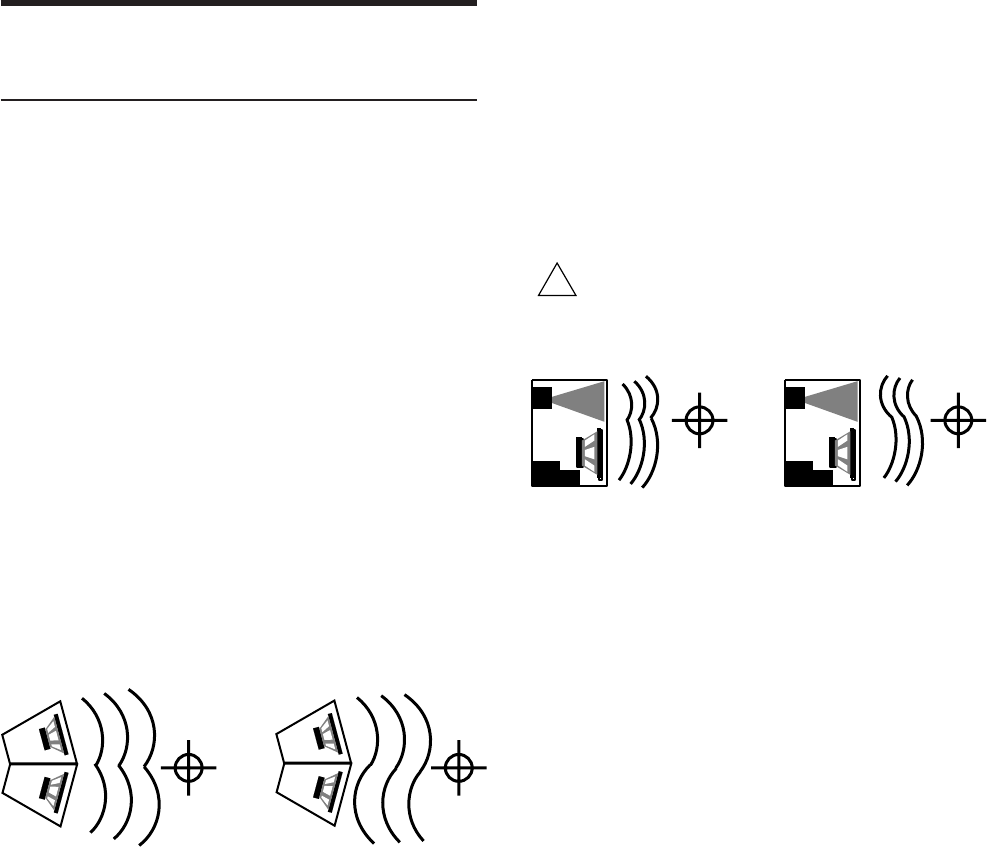
10
Verifying Polarity
Incorrect driver polarity impairs system performance
and may damage the drivers. All Meyer Sound
loudspeakers are shipped with the drivers in correct
alignment. However, if the driver or circuit wiring has
been removed or disassembled in any loudspeaker in
a system for any reason, check the polarity between
adjacent loudspeakers and between drivers in the
same cabinet.
Polarity Between Adjacent Loudspeakers
Use the following test procedure to verify the polarity
between adjacent loudspeakers of the same type:
1. Position two loudspeakers adjacent to each other.
2. Place a measurement microphone six ft from the
speakers on the axis between them.
3. Connect a signal source to one speaker and note
the frequency response and overall level.
4. Apply the same signal to the second speaker with
the first speaker still connected.
Correct polarity causes
acoustic addition
Opposite polarity causes
acoustic cancellation
Top view of adjacent speakers with
measurement microphone
The polarity is correct if the frequency response
remains constant with a significant increase in
amplitude. Broadband cancellation (decreased overall
level) indicates polarity reversal.
Driver Polarity in the Same Loudspeaker
Use the following test procedure to verify polarity
between drivers in the same loudspeaker:
1. Place a monitoring microphone three ft from the
front of the loudspeaker at the midway point
between the low and high frequency drivers.
2. Connect a signal source to the loudspeaker and
note the frequency response.
!
Since polarity reversal causes excessive driver
excursion at high source levels, use moderate levels
when conducting this test.
Drivers with correct
polarity cause acoustic
addition
Drivers with reversed
polarity cause acoustic
cancellation
The polarity is correct if the frequency response is smooth
through the crossover region (±4 dB 600 Hz – 1 kHz).
Severe cancellation in the crossover region indicates
polarity reversal.



